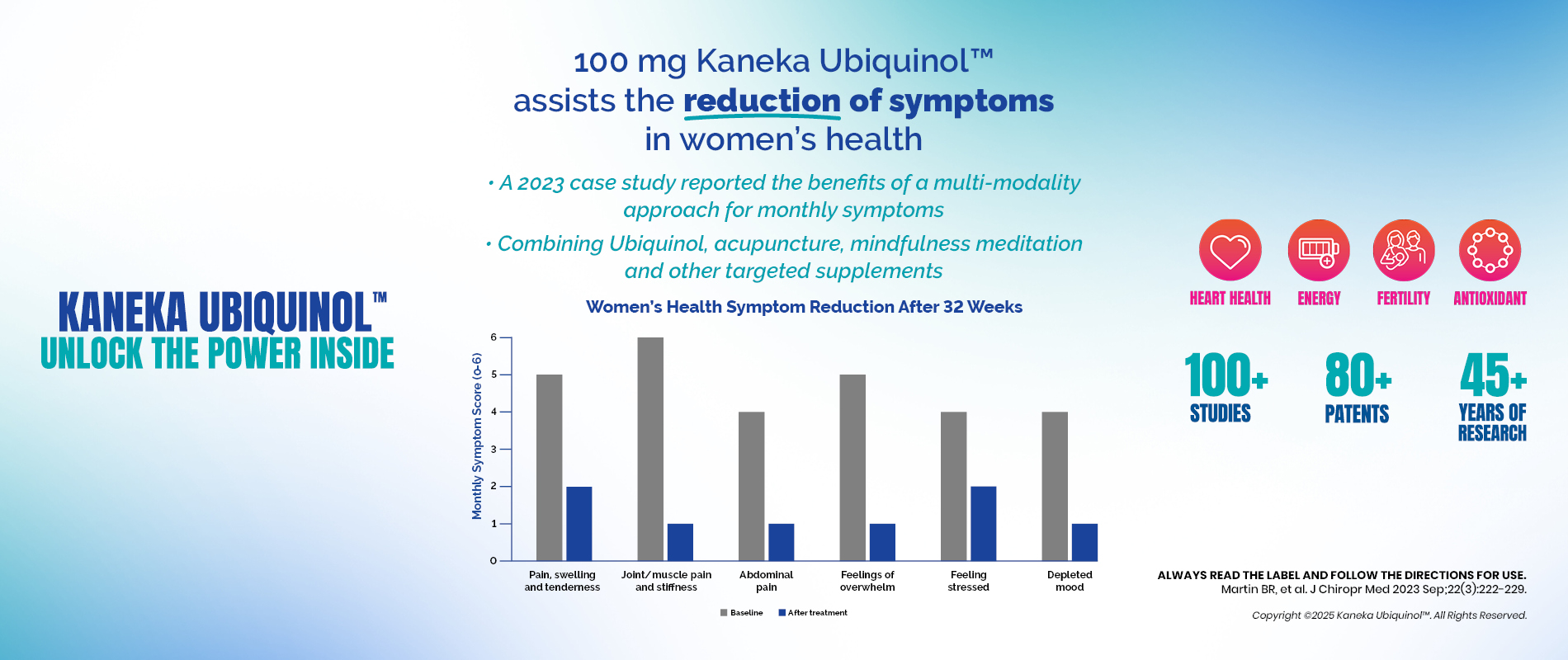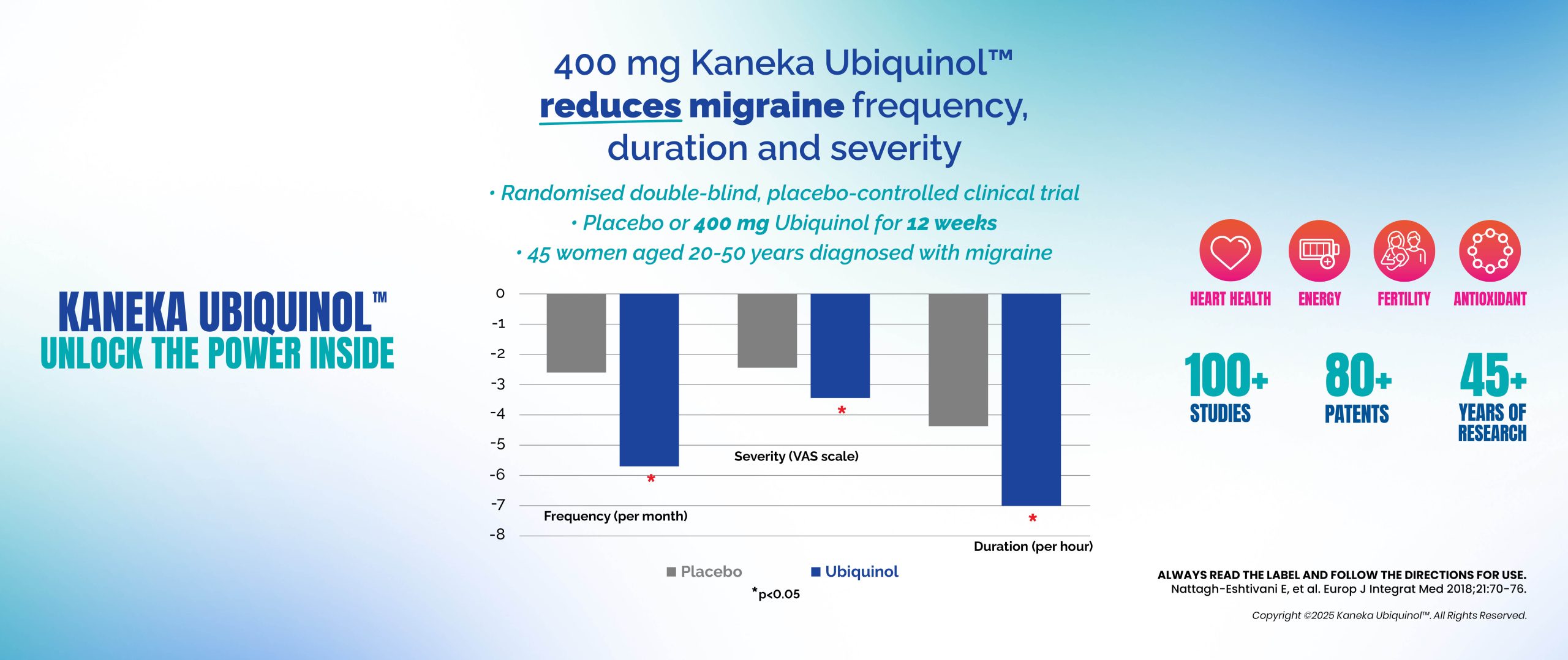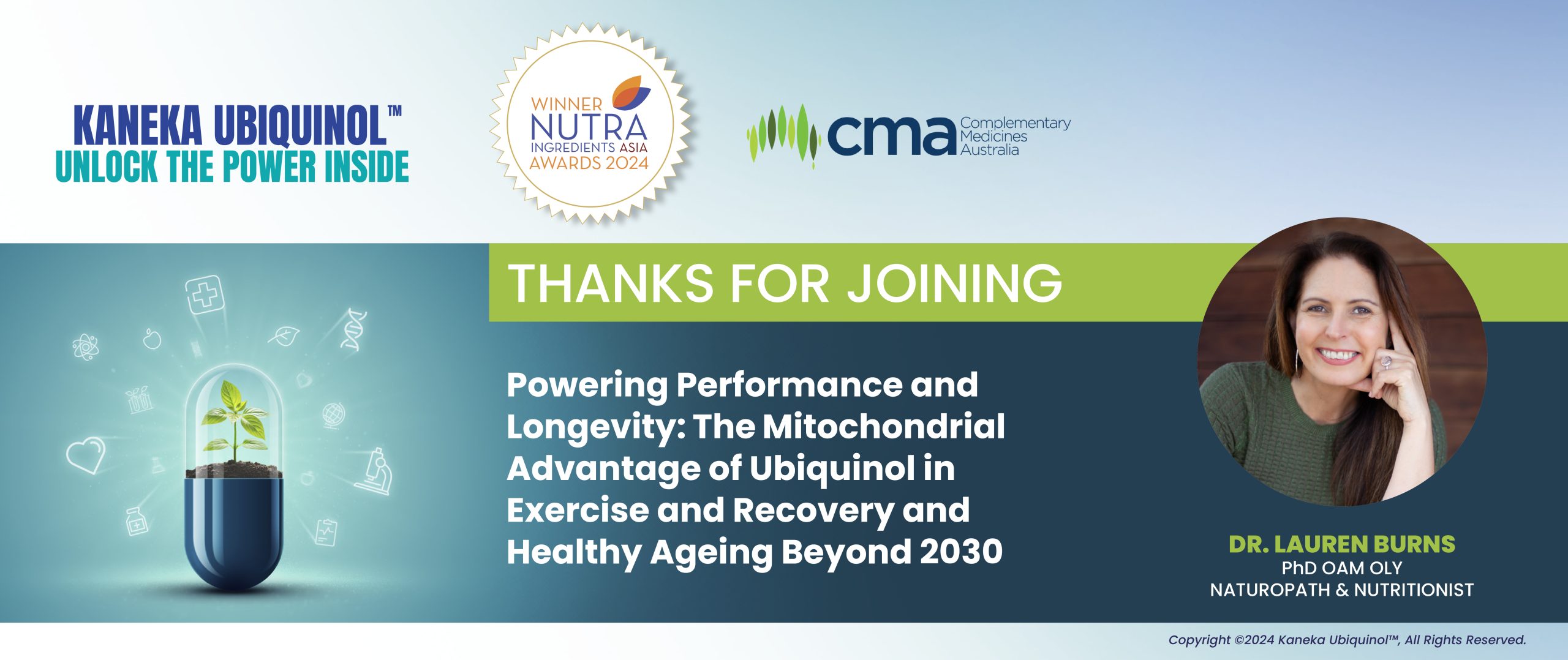February 1, 2017 | Body & Soul
Feb 2017Recent Article
Things you should know if you’re trying to conceive in 2017

Unfortunately, the time between deciding to have a baby and then actually falling pregnant can take a lot longer than expected. In fact, according to stats, out of every 100 couples, 80 to 90 will conceive within a year, with the rest taking longer or needing help. While it may test your patience, especially if you’ve already planned the name and nursey in your head, Australian naturopath Stephen Eddey says there are some thing you can do (besides getting physical) to assist with the process and prime your body for conception.
Here are his seven tips for both you and your partner:
1. Fill your plate with fertility-boosting foods
Increasing your intake of some fertility-friendly ingredients may help to increase your chances of conceiving. For men, this includes folate from beetroot, selenium from Brazil nuts, zinc, arginine, tribulus, maca, bee pollen, and the supplement Ubiquinol. Ubiquinol is the active (more readily absorbed) form of Coenzyme Q10 (CoQ10), a potent antioxidant which is naturally produced in our body and plays a key role in sperm cell energy production and motility. Look for a supplement specifically targeted for men, like Blackmores Conceive Well Men.
RELATED: Boost your fertility by eating these foods
2. Rid your home of hidden toxins
Many toxins, known as endocrine disruptors, can alter the body’s normal hormonal activities and can make it difficult for women to conceive and men to produce healthy semen. These include parabens found in cosmetics and pharmaceuticals, BPA found in plastic food and drink containers, phthalates found in soaps, detergents and shampoos as well as heavy metals like mercury and lead.
3. Get on top of your health insurance cover
Many private health funds require you have appropriate cover for at least 12 months prior to your baby being born and some have waiting periods of between 6-12 months. Make sure you check with your fund to determine exactly what is covered and when you are covered from.
4. Book in a trip to the dentist
“Poor oral hygiene affects male sperm and pregnancy can make you more prone to teeth and gum issues,” says Eddey. Plus, gum disease can actually lead to premature delivery and low birth weight in babies. As certain oral treatments can’t be performed during pregnancy, it’s a good idea to have a thorough check up with your dentist.
5. Be mindful of what you’re sipping
“It’s a good idea to limit or eliminate your consumption of alcohol, soft drinks and juice when trying to conceive as all can have a negative impact on your overall health. The sugar content of these drinks are the main reason due to the relationship between sugar and body weight. Having too much body fat produces excess oestrogen, which can interfere with ovulation. Also, men who drink alcohol regularly can have lower testosterone levels, poorer sperm quality and impotence,” says Eddey.
6. Read the label on your lube
Standard lubricants can be full of ingredients that fight sperm, making it difficult to fall pregnant. It’s important to pick a sperm-friendly lubricant so look for ones that promote PH balance and osmolality and avoid those with glycerine.
7. Try to relax – remember there are only about six days a month you’re likely to conceive
The five days just before, and the actual day of ovulation, are when a woman is most fertile and likely to conceive. Once the egg leaves the ovary, the sperm has only about 12 to 24 hours to get to it for conception to happen.
You can share this by:
Keep up-to-date with Ubiquinol News
Ubiquinol Headlines

Retail Pharmacy: Healthy Ageing in the Spotlight
Apr 2025Category: Ageing, Antioxidants, APP, Conference, Conferences, Endurance, Health, Health Industry, healthy ageing, Immunity, In The News, Mitochondrial health, Nutrition, Online, Stress, Ubiquinol, Vitamins, wellnessRead More
Retail Pharmacy: The Impact of Loneliness on Heart Health
Apr 2025Category: cardiovascular health, dr ross walker, Heart, In The News, Mitochondrial health, Online, UbiquinolRead More
Ubiquinol for Women’s Health
Apr 2025Category: Ageing, Antioxidants, Fertility, Kaneka, Mitochondrial health, Ubiquinol, wellness, Women's HealthRead More
Kaneka Ubiquinol™ at APP 2025: Advancing Healthy Ageing & Longevity
Mar 2025Category: Ageing, Antioxidants, APP, Conference, Conferences, Energy, Fatigue, Health, Health Industry, healthy ageing, Kaneka, Mitochondrial health, Nutrition, UbiquinolRead More
Ubiquinol: Supporting Migraine Relief Through Cellular Energy
Jan 2025Category: Antioxidants, complementary medicine, Energy, Fatigue, Health, Health Industry, healthy ageing, Kaneka, Mitochondrial health, Nutrition, Stress, Ubiquinol, Vitamins, wellnessRead More
Kaneka Ubiquinol™ at Functional Foods for Wellness Industry Awards and Summit, #FFWS2025
Jan 2025Category: Ageing, Antioxidants, Awards, cardiovascular health, Conference, Conferences, Energy, Fatigue, FFWS2025, Health, Health Industry, healthy ageing, Kaneka, Menopause, Mitochondrial health, Nutrition, Ubiquinol, VitaminsRead More
Kaneka Ubiquinol Wins Prestigious Complementary Medicines Raw Material Supplier of the Year Award 2024
Dec 2024Category: Ageing, Awards, cardiovascular health, complementary medicine, Conference, Conferences, Endurance, Energy, Fatigue, Fertility, Fitness, Health, Health Industry, healthy ageing, Heart, Immunity, In The News, Kaneka, Lungs, Memory, Mitochondrial health, Nutrition, Online, Stress, Ubiquinol, Vitamins, wellnessRead More

